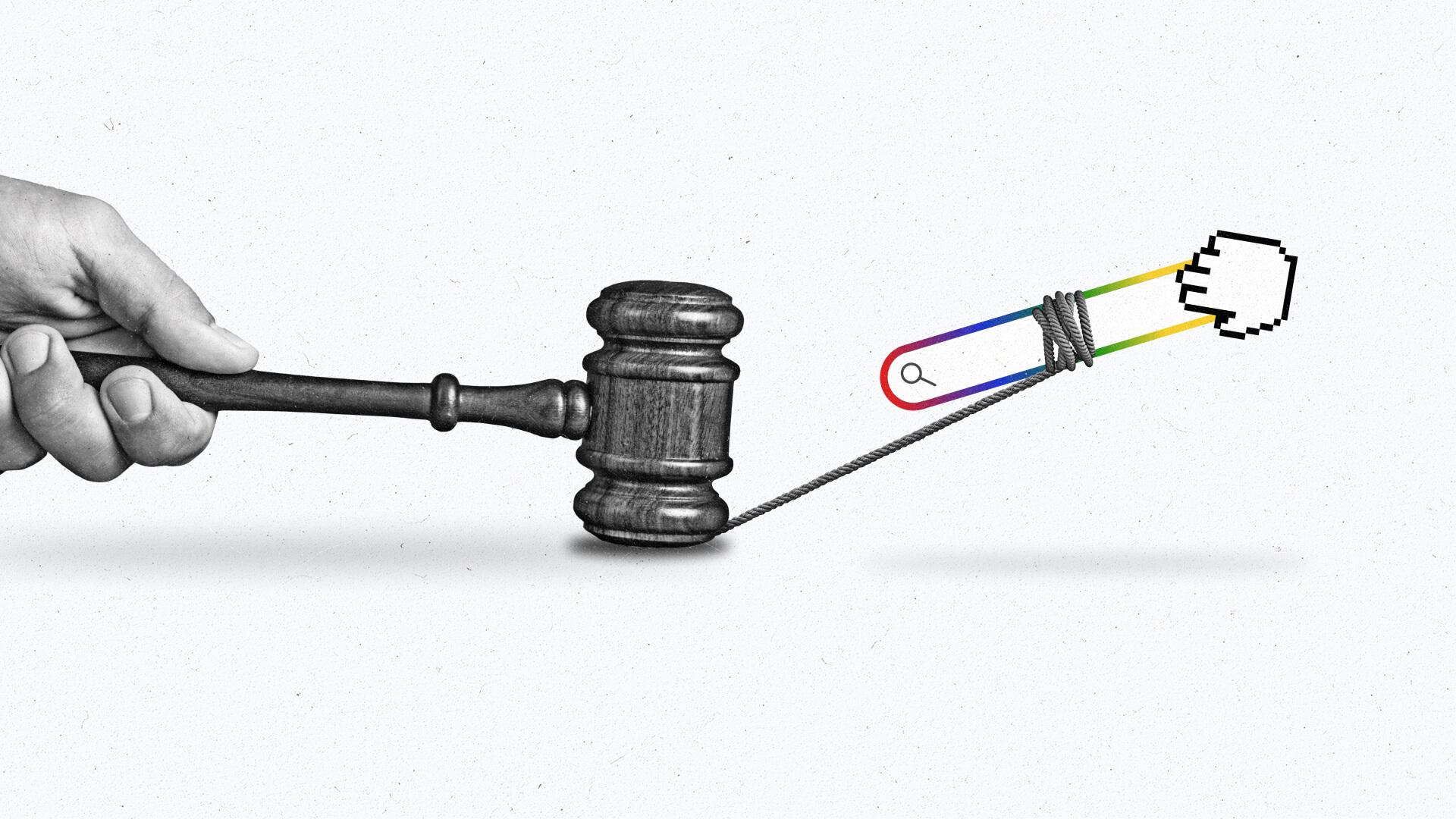Forget the Search trial — Google’s real antitrust reckoning is still to come

When the remedies decision arrived in Google’s search monopoly case earlier this month, the collective reaction was a shrug. No forced breakup of Chrome or Android. No radical restructuring of the search business. Just a set of conduct remedies: share more data, stop locking up distribution, play fair with defaults.
Important, yes. But not the earthquake many had braced for. After years of headlines about Google’s dominance, the remedies felt technical, almost procedural. The narrative was simple: Regulators took their swing, and Google walked away with its crown intact.
That shrug is a mistake. While the spotlight lingers on search, the ad tech remedies trial is underway. And the Department of Justice is asking the court to break up Google’s ad tech empire.
The ad tech case won’t decide the fate of the open internet in one stroke, but it is the clearest test yet of whether regulators are willing to confront structural conflicts head-on.
The overlooked trial
Earlier this year, Judge Leonie Brinkema ruled that Google illegally monopolized two critical layers of the digital advertising stack: the publisher ad server (DoubleClick for Publishers /Ad Manager) and the ad exchange (AdX).
This isn’t about defaults or distribution contracts. It’s about the infrastructure of digital advertising — the invisible machinery that determines which ads appear, who gets paid and how much. For years, Google has acted as both referee and player, controlling the tools publishers depend on to sell inventory while simultaneously operating the marketplace where those ads are bought and sold.
The remedies phase, which began Monday, will determine exactly how Google’s ad tech monopoly should be addressed. The DOJ has officially submitted a sweeping proposal, demanding the divestiture of AdX, alongside an API-based interoperability mandate, open-source auction code and limitations on using first-party data from YouTube, Chrome, Android and other Google services. The DOJ has also demanded the ability to seek the complete divestiture of Ad Manager (DFP) in the case that the other remedies do not fully restore competition.
In response, Google has published its own plan. Instead of divestitures of AdX and the auction code of DFP, it proposes a suite of softer behavioral fixes: more transparency in auctions, broader data access for advertisers and publishers, retirement of disputed pricing rules and commitments to interoperability, all under independent monitoring.
Why this one matters
The search remedies may alter the competitive landscape at the margins. But this trial goes to the core of Google’s ad tech monopolies.
If the court forces a divestiture, Google may lose the integrated leverage that lets it steer billions of dollars through its own pipes. This isn’t nibbling at the edges. It’s a potential structural reform aimed directly at the heart of how Google monopolizes portions of the ad tech stack.
Even absent a breakup, remedies that impose transparency in auctions or mandatory interoperability may erode margins and empower rivals. Less lock-in. Lower take rates. More competition.
The bigger picture
Just this month, the European Commission fined Google €2.95 billion (~$3.45 billion) for abusing its dominance in ad tech by favoring AdX and DFP at the expense of rivals and publishers. In addition to the fine, the commission has given Google 60 days to propose remedies. If those remedies are deemed insufficient, regulators have indicated they could escalate to harsher sanctions, including the potential for divestiture.
Meanwhile in the U.S., the industry is piling on: PubMatic has joined OpenX in filing antitrust lawsuits against Google, alleging the same monopolistic behavior in ad tech.
These suits show that publishers and ad tech rivals see blood in the water — and they’re willing to press their advantage in court. The stakes now extend well beyond Google.
This is the first time since Microsoft in the 1990s that a U.S. court has found a Big Tech company to have engaged in monopolization and is poised to impose meaningful remedies. In Microsoft’s case, parts of the initial judgment were overturned on appeal before the parties reached a settlement. If the U.S. compels structural change backed by Europe’s billion-euro fine and escalating lawsuits, regulators worldwide may likely follow.
And if regulators succeed in forcing structural changes to Google’s ad tech business, it will set a precedent that could reshape how competition law is applied across the tech sector.
Bottom line
The ad tech trial is not a sideshow. It is the main event — the trial that could finally puncture the myth of Big Tech’s untouchability.
So don’t be distracted by the muted remedies in search. That case was a warning shot. The real reckoning for Google begins this week, in ad tech. And this time, the consequences may not be cosmetic.
Whether the remedies ultimately reshape Google’s business or amount to modest conduct changes, the open internet will continue to evolve. Independent players, from publishers to platforms like The Trade Desk, have shown resilience in adapting to shifts in policy, technology and competition.
The trial is significant because it signals regulators are finally engaging with the structural questions in digital advertising, but it isn’t the only determinant of how the open internet thrives.
This op-ed represents the views and opinions of the author and not of The Current, a division of The Trade Desk, or The Trade Desk. The appearance of the op-ed on The Current does not constitute an endorsement by The Current or The Trade Desk.